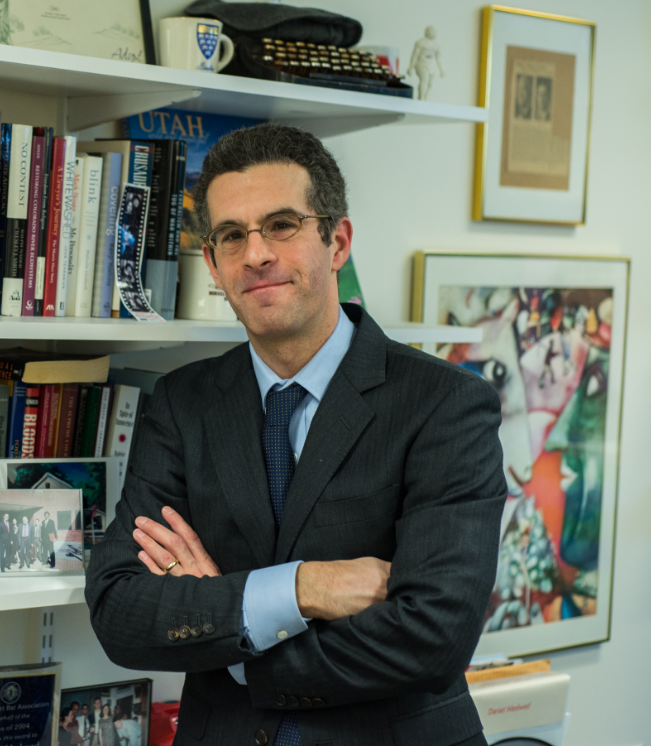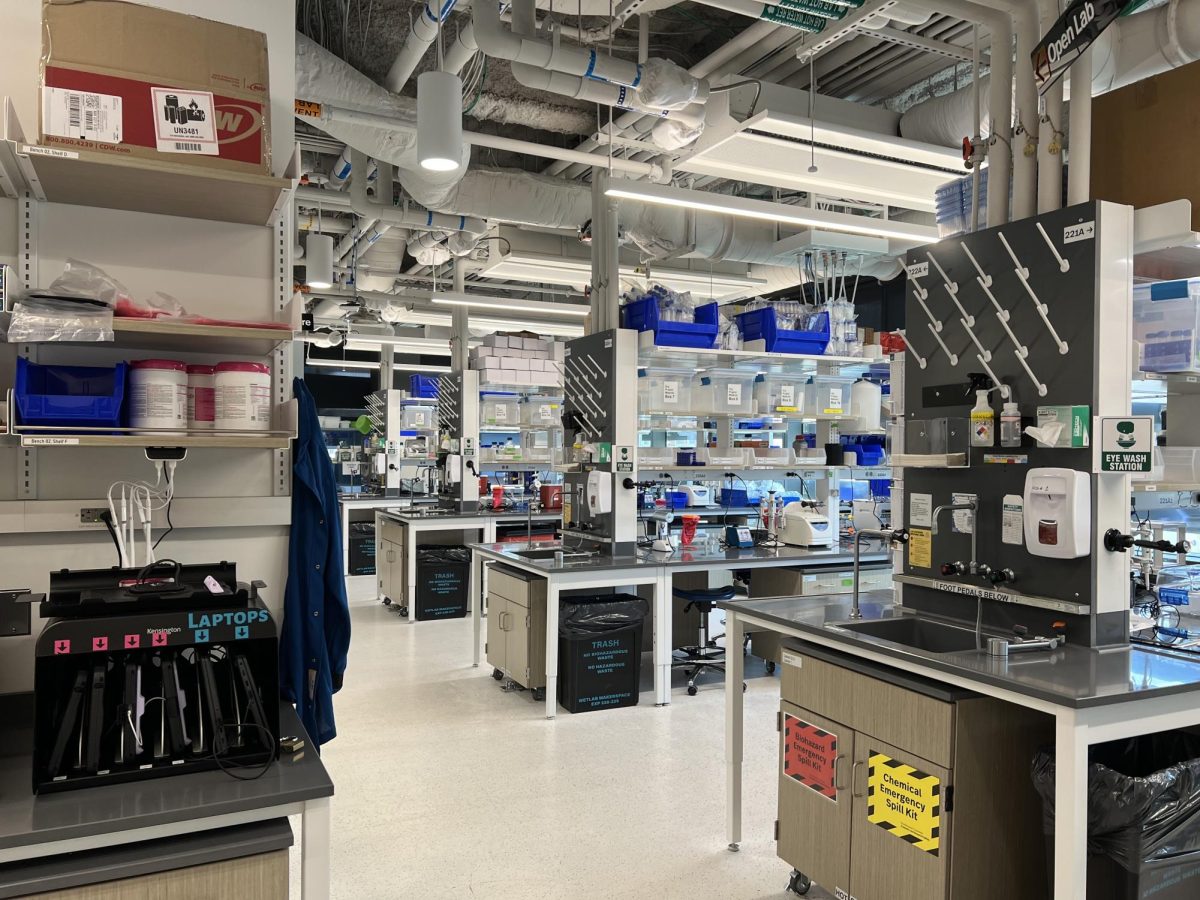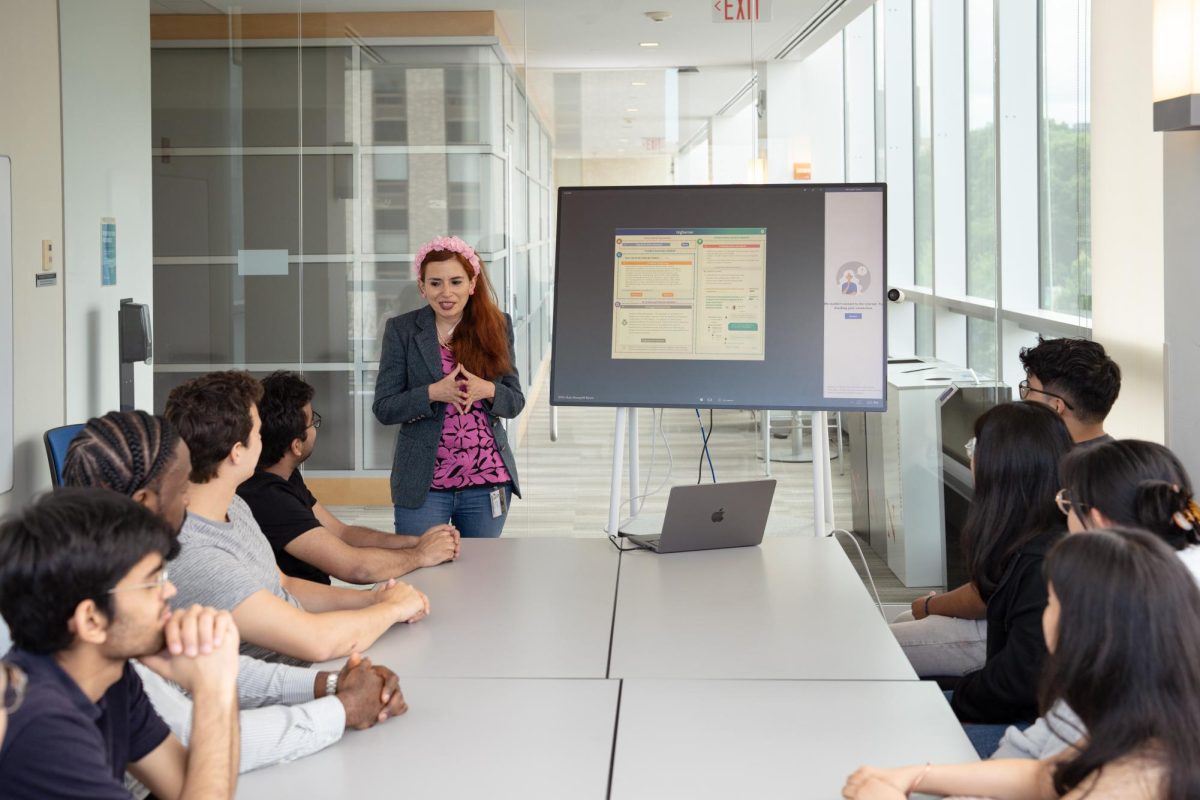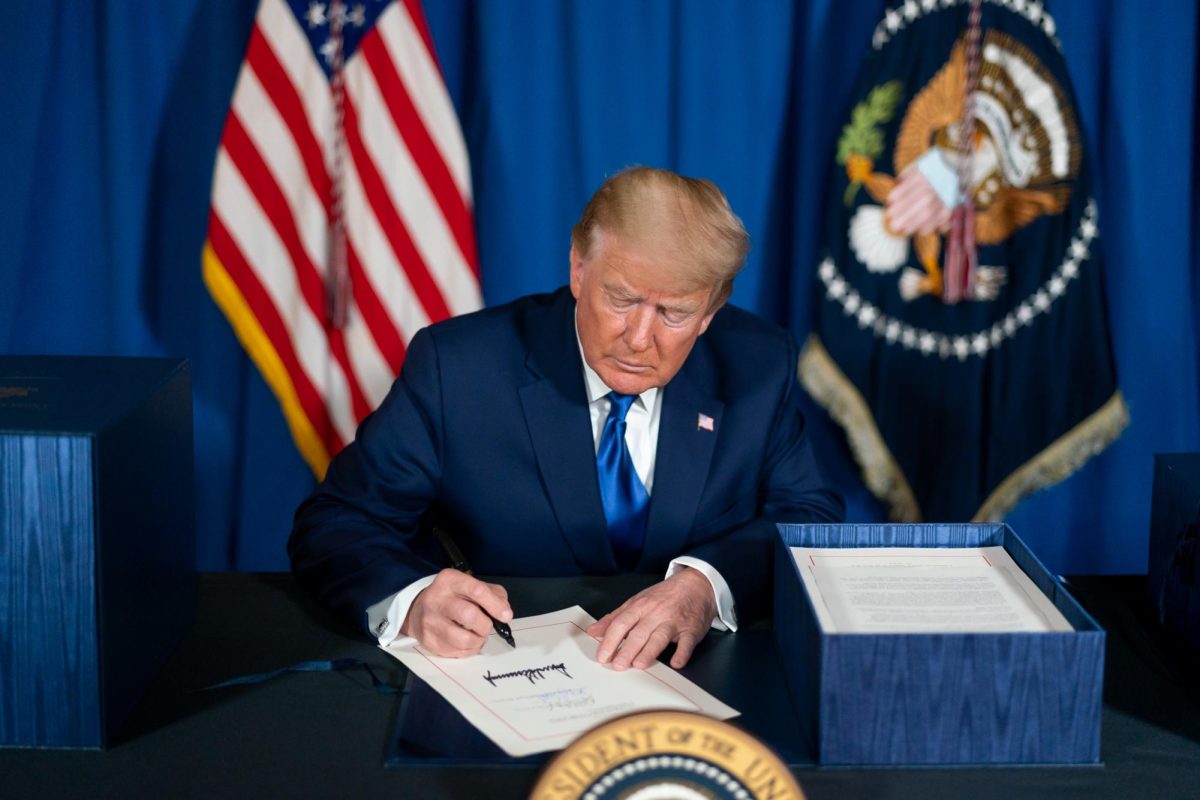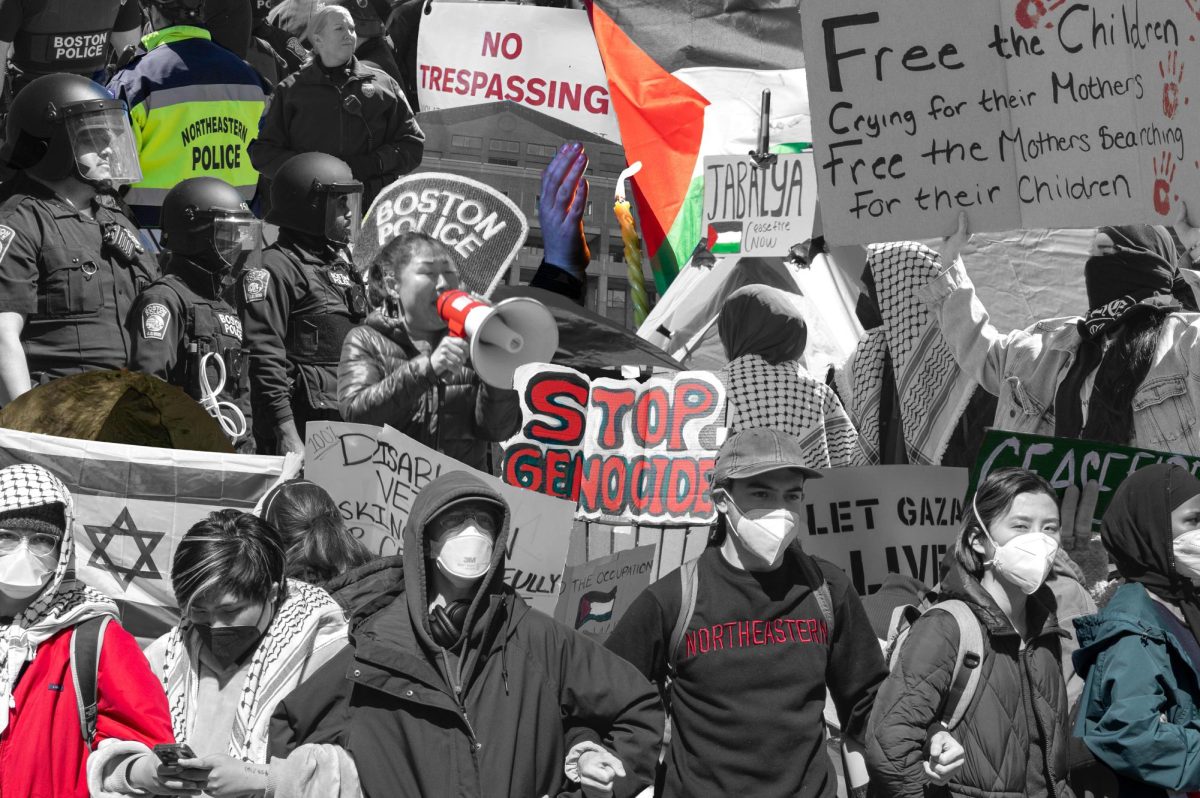By Amanda Hoover, news editor
Daniel Medwed, professor of law at Northeastern University, has been appointed to serve on the new Standing Committee on Eyewitness Identification of the Supreme Judicial Court (SJC).
Medwed, along with 11 other local legal and law enforcement experts, will serve as a resource for the SJC, supplying the justices with recommendations regarding eyewitness testimony and the weight of its implications in the courtroom. The committee will also work to develop educational seminars and trainings to address new eyewitness evidence procedures and protocols, according to a press release from the Massachusetts Court System on Jan. 12.
“I’m optimistic that the committee can actually implement important reforms to improve accuracy of eyewitness procedures,” Medwed, who teaches classes in criminal law and evidence as well as wrongful convictions and post-conviction remedies, said.
Before the committee was selected, the SJC sought the recommendations of the Study Group on Eyewitness Identification. The group formed in 2011 “to consider
the most effective ways to deter unnecessarily suggestive procedures and to determine whether existing model jury instructions provide adequate guidance to juries in evaluating eyewitness testimony,” according to the press release.
In 2013, that study group recommended that the SJC establish a committee to assess the current state of eyewitness identification and make recommendations to the justices. This standing committee consists of not only academic experts like Medwed, but also practicing lawyers, judges and law enforcement officials.
“It represents all of the key stakeholders in the Commonwealth,” Medwed said. “The idea is you get people around the table who might not see eye-to-eye and we all can learn from one another and make the system better.”
Medwed will serve on the committee for the next year, where he will employ his expertise on eyewitness identification and wrongful convictions.
“Professor Medwed is superbly qualified to serve on this very important committee,” Jeremey Paul, dean of the Law School at Northeastern, said in an email to The News. “Eyewitness testimony is far less reliable than is generally understood, and safeguards that prevent mistaken identification are crucial to ensuring courtroom fairness.”
Medwed first became interested in the use of eyewitness identification as evidence while working as a public defender in New York City. He represented criminal defendants in appeals cases and saw that eyewitness identification had played a large role in their conviction, despite its unreliability.
Many crimes happen at night and are unexpected, and witnesses are not always prepared to commit small details to memory, Medwed said. When the witnesses take the stand, they confidently identify who they believe the perpetrators are, and the jury takes their testimony as fact.
This confidence, however, is not always warranted.
“People often have a high degree of confidence about what they see, but in reality we’re not as good at identifying things as we think,” Medwed said. “There’s a disconnect between our ability to identify something and our belief [in our ability.]”
In addition to his experience as a litigator, Medwed is also a founding member of The Innocence Network, a consortium of various innocence projects, which re-examine convictions and seek extra evidence to prove someone’s innocence. The network facilitates the goals of these many organizations to provide pro bono legal and investigative services for convicted individuals wishing to seek appeals.
“The goal is to pull resources, develop best practices, share information and provide support for each other,” Medwed said.
Through this network and the Rocky Mountain Innocence Center in Salt Lake City, Medwed has successfully investigated and litigated claims of innocence.
“He has developed to be one of the most thoughtful and prolific scholars on issues regarding wrongful convictions,” Jacqueline McMurtrie, law professor at Washington University and a member of the board of directors for the Innocence Network, said. “He has assembled a number of symposiums to examine wrongful convictions and has mentored many of his colleagues, including myself, in his scholarly work.”
On the eyewitness committee, Medwed hopes that he can inform the SJC and bring reforms that will prevent future wrongful convictions made with eyewitness testimony as an influential factor.
“The goal is to get it right,” Medwed said. “The goal is to make sure that innocent people aren’t convicted. That’s a primary goal for all the parties.”
Photo by Arzu Martinez
Photo by Arzu Martinez


